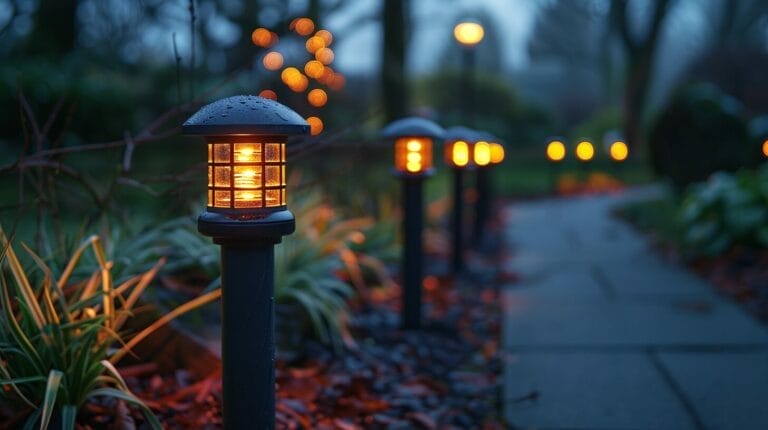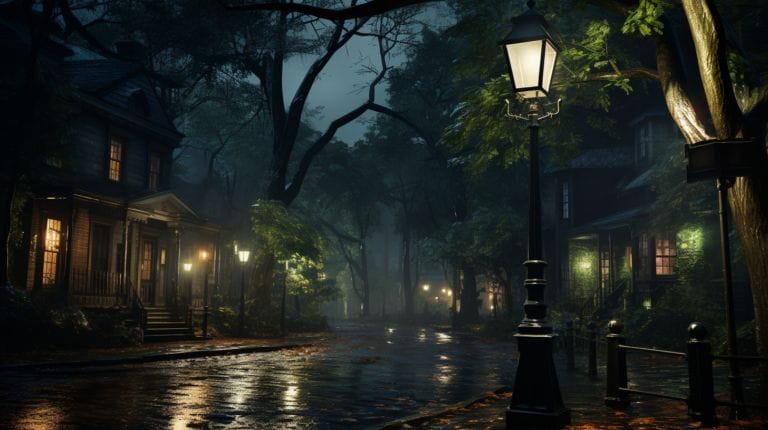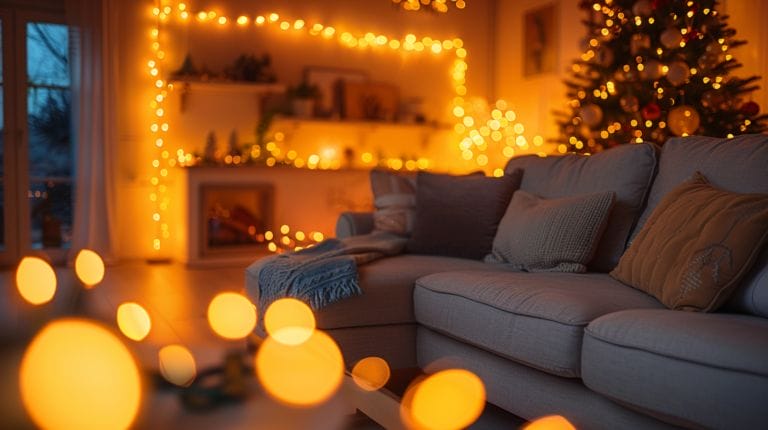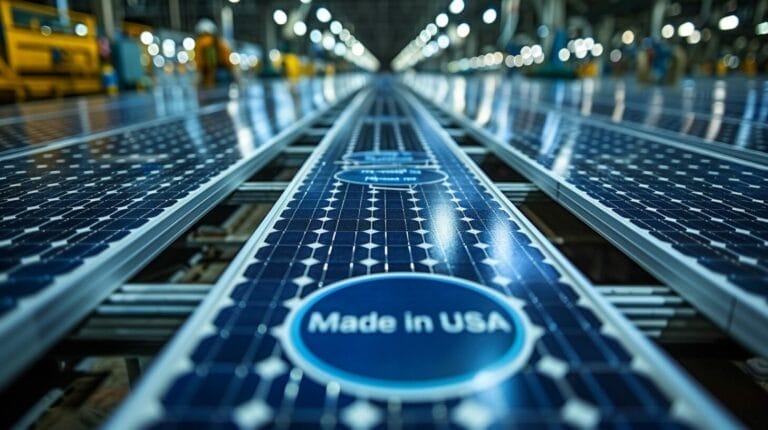Can You Recycle Halogen Light Bulbs? Find Out How
Let’s talk about recycling halogen light bulbs. We’ve all heard about recycling plastics and paper, but what about those halogen bulbs illuminating our homes? These bulbs can’t be tossed in with our regular recyclables due to their unique materials, including tungsten filaments and halogen gas. So, how do we dispose of them without harming the environment? It’s more straightforward than we might think, but requires a bit of know-how.
We’ll explore safe disposal methods and alternatives to make our lighting choices more eco-friendly. Ready to lighten the load on our planet?
Key Takeaways
- Halogen light bulbs require specialized recycling facilities due to their tungsten filament and halogen gas content.
- Standard recycling programs do not accept halogen bulbs; they must be handled as hazardous waste.
- Proper packaging of halogen bulbs prevents breakage and exposure to hazardous materials during disposal.
- Local waste management services or recycling centers often have specific drop-off points or collection schedules for halogen bulbs.
- Switching to LED bulbs can reduce the environmental impact and avoid the disposal complexities of halogen bulbs.
Understanding Halogen Light Bulbs and their Environmental Impact

Halogen light bulbs, a type of incandescent bulb, produce light by using a tungsten filament and halogen gas. While they don’t contain mercury – a major concern with CFL bulbs – they still pose challenges. The tungsten filament and halogen gas can release hazardous substances into the environment if not managed correctly.
To mitigate these risks, we must consider proper disposal and recycling options. Many local recycling centers offer specialized services to handle these materials, ensuring any potentially hazardous substances are managed appropriately, reducing environmental harm.
Understanding the full lifecycle of our products, including end-of-life management, is essential as we push towards more sustainable lighting solutions. By adopting responsible disposal practices, we can minimize our environmental footprint and pave the way for more efficient and eco-friendly lighting technologies.
Can You Recycle Halogen Light Bulbs? The Truth about Bulb Disposal

Halogen bulbs are not recyclable through standard recycling programs due to their composition. Unlike materials such as paper, glass, or certain plastics, the composition of halogen bulbs complicates their recycling process.
These bulbs contain a small tungsten filament and halogen gas, which makes them efficient and long-lasting, but classifies them as hazardous waste. This means they can’t be tossed into our regular recycling bins. The materials inside these bulbs pose a risk to both people and the environment if not handled correctly.
The recycling process for these bulbs requires specialized handling and facilities to break down and reclaim the materials safely. Understanding the specifics of halogen bulb disposal and recognizing them as hazardous waste can help us take the necessary steps to ensure they don’t harm the environment.
Safe and Responsible Methods to Dispose Old Halogen Light Bulbs

To dispose of old halogen light bulbs safely and responsibly, start by identifying a nearby recycling center that accepts incandescent and halogen bulbs. Proper packaging is essential; wrap them in sturdy materials like newspaper or bubble wrap and place them in a secure box to prevent breakage and exposure to hazardous materials during transit.
Check with local waste management services to see if they offer special collections for incandescent and halogen bulbs. Some municipalities have designated drop-off points or scheduled pick-up days for such items. This ensures that old bulbs are managed in an environmentally friendly way and streamlines the disposal process.
Alternatives to Halogen Lighting: Exploring More Eco-friendly Options

As we consider safe disposal methods for halogen light bulbs, it’s equally important to explore more eco-friendly lighting options. Compact Fluorescent Lamps (CFLs) and Light Emitting Diodes (LEDs) are promising alternatives. CFLs use less energy, reducing electricity bills and carbon footprint, but they contain mercury and require careful recycling. LEDs last longer, produce less heat, consume less energy, and have become the go-to eco-friendly choice for many households and businesses.
Battery-powered lighting is another efficient and portable option. Advances in battery technology allow these lights to be recharged using renewable energy sources like solar panels, reducing dependency on the grid.
Advocating for Environmental Sustainability: Reducing Your Lighting Footprint

Let’s take a proactive approach to reduce our lighting footprint by embracing energy conservation and supporting sustainable practices. By making thoughtful choices, we can have a substantial impact on environmental sustainability.
One vital step is to recycle light bulbs efficiently. Halogen bulbs, while not recyclable through standard curbside programs, can often be handled by specialized local recycling initiatives.
To further our commitment to energy conservation and sustainable living, consider these innovative actions:
- Switch to LED bulbs: They’re more energy-efficient and have longer lifespans compared to halogen bulbs.
- Purchase recyclable light bulbs: Look for bulbs labeled as recyclable to make sure they’re easier to process at the end of their life.
- Participate in local recycling initiatives: Many communities offer programs specifically designed for recycling light bulbs.
- Utilize smart lighting systems: These systems can optimize energy use by automatically adjusting lighting based on time of day or occupancy.
- Educate others: Spread awareness about the importance of recycling light bulbs and energy conservation within your community.
Conclusion
To sum up, let’s make a collective effort to dispose of our halogen light bulbs responsibly. We can’t recycle them through regular programs, but by finding specialized recycling centers and using proper packaging, we’ll help prevent environmental contamination.
Exploring eco-friendly lighting options will also reduce our overall impact. Together, we can advocate for sustainability and make a significant difference in protecting our planet’s health.
Let’s take action now and light the way to a greener future.
Frequently Asked Questions
Can you recycle halogen light bulbs?
Halogen bulbs do not contain mercury like CFLs, so they can be safely disposed of in regular trash. They do not require special handling or recycling.
Where can I recycle old light bulbs?
CFL and LED light bulbs can be recycled through your local recycling program or at a recycling center near you. Contact your local municipal or retailer to find a recycling center for proper disposal.
Are halogen light bulbs considered hazardous waste?
Halogen bulbs are not classified as hazardous waste and can be safely thrown away in the regular trash without any special precautions.
Can CFL light bulbs be recycled?
CFL bulbs contain small amounts of mercury and should be recycled at designated drop-off locations or through take-back programs provided by manufacturers or retailers to prevent them from ending up in landfills.
How should I dispose of light bulbs safely?
To safely dispose of CFL and LED light bulbs, you should take them to a local recycling center or participate in take-back programs to ensure proper handling of mercury-containing bulbs.







